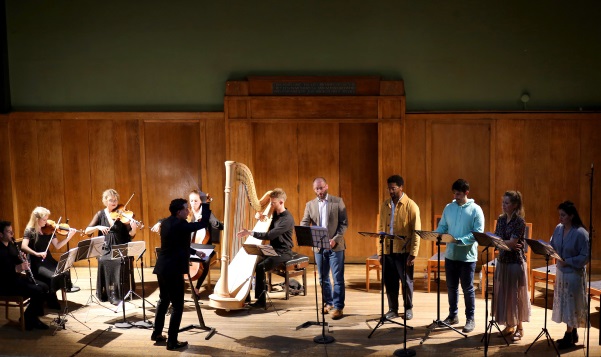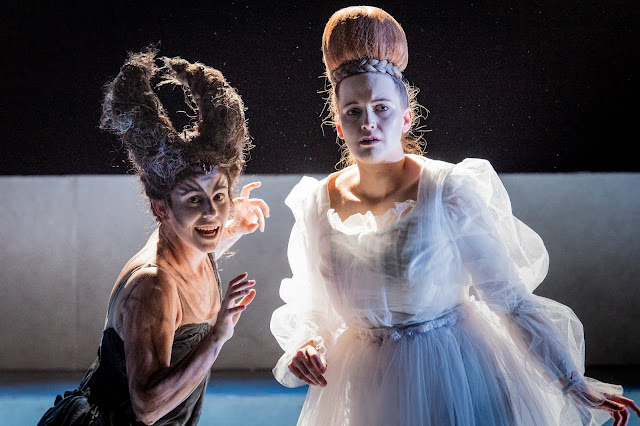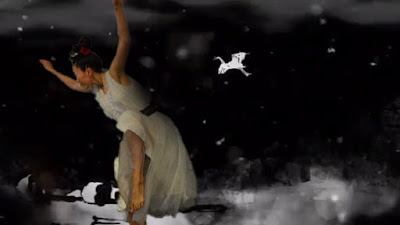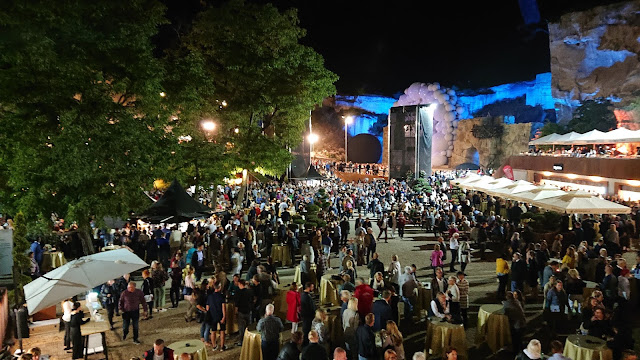 |
| Handel: Jephtha - Allan Clayton, Scottish Chamber Orchestra (Photo BBC/Chris Christodoulou) |
Reviewed by Robert Hugill on 30 August 2019 Star rating: (★★★★)
Some powerful individual performances in Handel's final oratorio
Amazingly, Handel's oratorio Jephtha has only been at the BBC Proms once before, in 2007 when Sir Charles Mackerras conducting the Scottish Chamber Orchestra. On Friday 30 August 2019, the Scottish Chamber Orchestra returned to the BBC Proms with Handel's Jephtha, with Richard Egarr directing from the harpsichord with Allan Clayton as Jephtha, Jeanine De Bique as Iphis, Hilary Summers as Storge, Tim Mead as Hamor, Cody Quattlebaum as Zebul and Rowan Pierce as the Angel, with the SCO Chorus.
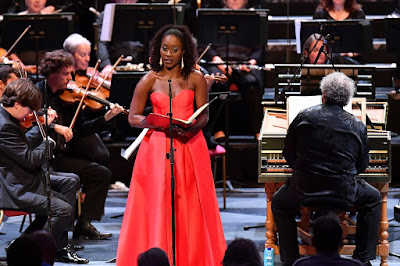 |
| Handel: Jephtha - Jeanine De Bique, Scottish Chamber Orchestra, Richard Egarr - BBC Proms (Photo BBC / Chris Christodoulou) |
Egarr's speeds were generally on the fleet side, the idea seemed to be to keep what can be a long oratorio flowing (it was also discreetly cut). Though I thought some moments, such as the quartet, would have benefited from some more space.
The role of Jephtha was written for the great John Beard, who also created the heroic title role in Handel's Samson, yet included the more lyric of Handel's tenor roles in his repertoire. Jephtha thus calls for a tenor who can combine heroic drama with a degree of flexibility, whilst doing justice to the intensity of the drama. Allan Clayton has already explored the John Beard repertoire with Ian Page and Classical Opera [see my review of the CD], so it was lovely to hear him in one of Beard's major roles.


